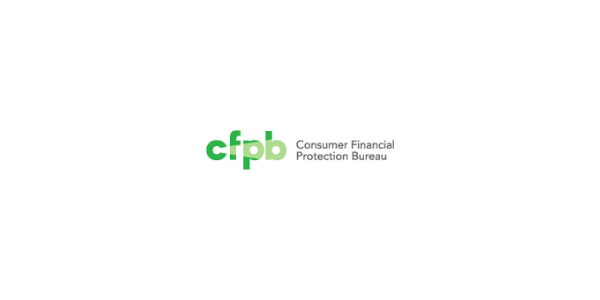Advertisement
NAMB applauds FHA Direct Endorsement Lender Participation Act
How not to answer a phone call Nancy Friedman first impression, rapport-building factor, automated attendant
Throughout the years, many of our Telephone Doctor clients have
taken the time to jot us a note to let us know about their good and
bad experiences, both in-person and on the phone. Judging from the
amazing number of entries we received for our book, "Customer
Service Nightmares," I suspect this is their way of venting and
releasing frustration. We're always happy to receive your notes and
e-mails. Keep 'em coming, please.
The recent e-mail below gave us some good ammunition for an
article. While this e-mail pertains to the legal profession,
believe me, it happens all the time in every industry. Read on.
Around 1:00 p.m. today, I returned opposing counsel's
telephone call from this morning. The first person that answered
the phone took my name and asked me to hold while he checked to see
if she was back from lunch. After a short hold, he came back on the
line and transferred my call. At that point, opposing counsel's
assistant answered the phone. She took my name, for the second
time, and put me back on hold. After holding a couple of minutes,
opposing counsel's assistant came back on the line and asked if I
could call back in 20 minutes! I am sure that the assistant is
telling opposing counsel that I am a jerk because I answered: "No,
I am calling her back now."
It's unbelievable. It makes me wonder how they handle calls from
their clients.
It's not important to know the "who" in this story. It's more
important to learn "why" it happened. More importantly, we need to
know how to fix it! That's what this article is about.
It's a well-known fact that the first voice you hear when you
call a company sets the tone, makes the first impression and
welcomes the caller. It starts the rapport-building factor. Few
will argue that point.
While there are several "faux pas" in the above e-mail we
received, which is the major one? Re-read it and see if you don't
agree with Telephone Doctor mentality, culture and philosophy. Our
answer is at the end of this article.
In the meantime, it sounds as though the opposing counsel's
office can use a dose of our Basic Basic Telephone Skills program.
Listed below are a few key points. Know anyone else who might
benefit from this list?
We're going to give you the Telephone Doctor four step model for
effective coaching in a call center or business environment.
1. While we didn't get to find out how they answer the phone
with their initial greeting, we hope they used the Telephone Doctor
three-part greeting: A buffer, the company name and then their
name. Remember, "How can I help you?" is not necessary in initial
greetings. You are there to help. That is why you answered the
phone.
2. Learn how to put a caller on hold. Saying, "Hold on." and
immediately placing the call on hold is not effective—neither
is "Hang on a second." Several years ago, we ran a survey with
USA Today to find out what frustrates the caller the most.
Yes, being put on hold was the number one frustration of the
American public. That was 12 years ago. Today, its number three
with—yup, you guessed it—the automated attendant being
number one!
3. Monogram the call. If the caller lets you know his name, use
it immediately.
4. Leave a good lasting impression. It seems as the opposing
counsel's office didn't do that. Remember, we'll tell more people
about a bad experience than we will a good one. Not sure why, but
it's true.
What's the biggest faux pas? Asking a caller to call back! We
never ask anyone to call back. That's like kicking a customer out
of the door at a store. When someone calls us, it's our job to
return the call or have it returned on our behalf. Asking someone
to call back is just rude. The only exceptions are the times when
the caller will say: "Let her know I called, and I'll call back."
That's fine, if it's the caller's choice. However, to ask a caller
to please call back? Wow! Big mistake—that's a real no,
no!
Nancy Friedman, "The Telephone Doctor," has spoken at the
past three National Association of
Mortgage Brokers Annual Conventions and is president of Telephone Doctor Customer
Service Training in St. Louis, Mo. Nancy is a frequent speaker
at meetings and conferences worldwide. She may be reached at (314)
291-1012 or visit www.telephonedoctor.com.
About the author





